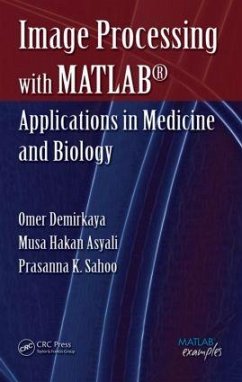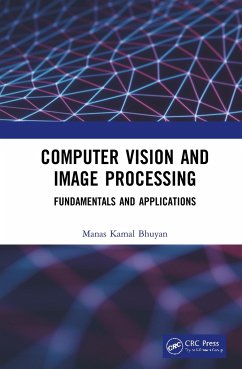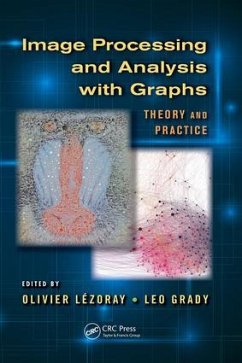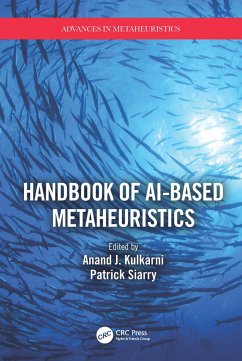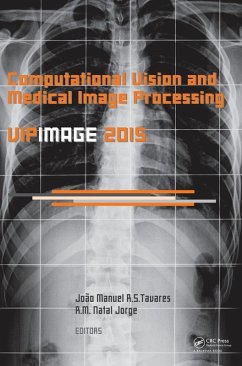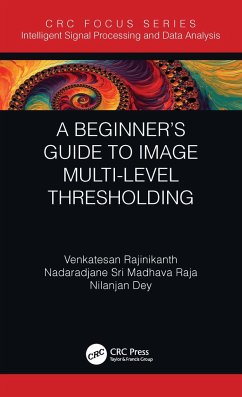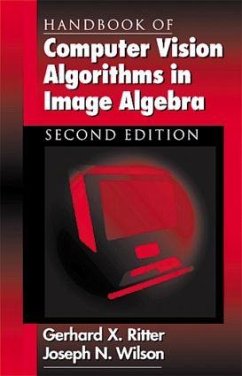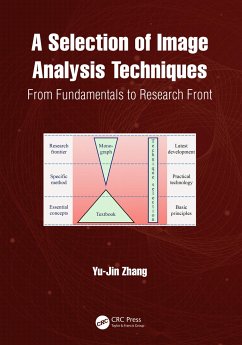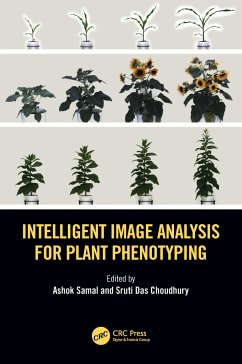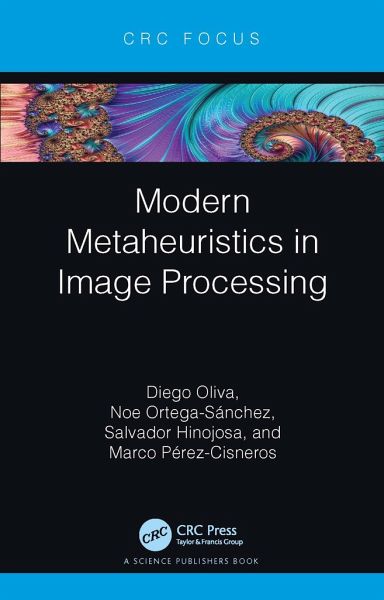
Modern Metaheuristics in Image Processing
Versandkostenfrei!
Versandfertig in 1-2 Wochen
64,99 €
inkl. MwSt.
Weitere Ausgaben:

PAYBACK Punkte
32 °P sammeln!
The use of metaheuristic algorithms (MA) has been increasing in recent years, and the image processing field is not the exempted of their application. In the last two years a big amount of MA has been introduced as alternatives for solving complex optimization problems. This book collects the most prominent MA of the 2019 and 2020 and verifies its use in image processing tasks. In addition, literature review of both MA and digital image processing is presented as part of the introductory information. Each algorithm is detailed explained with special focus in the tuning parameters and the prope...
The use of metaheuristic algorithms (MA) has been increasing in recent years, and the image processing field is not the exempted of their application. In the last two years a big amount of MA has been introduced as alternatives for solving complex optimization problems. This book collects the most prominent MA of the 2019 and 2020 and verifies its use in image processing tasks. In addition, literature review of both MA and digital image processing is presented as part of the introductory information. Each algorithm is detailed explained with special focus in the tuning parameters and the proper implementation for the image processing tasks. Besides several examples permits to the reader explore and confirm the use of this kind of intelligent methods. Since image processing is widely used in different domains, this book considers different kinds of datasets that includes, magnetic resonance images, thermal images, agriculture images, among others. The reader then can have some ideas of implementation that complement the theory exposed of each optimization mechanism. Regarding the image processing problems this book consider the segmentation by using different metrics based on entropies or variances. In the same way, the identification of different shapes and the detection of objects are also covered in the corresponding chapters. Each chapter is complemented with a wide range of experiments and statistical analysis that permits the reader to judge about the performance of the MA. Finally, there is included a section that includes some discussion and conclusions. This section also provides some open questions and research opportunities for the audience.





